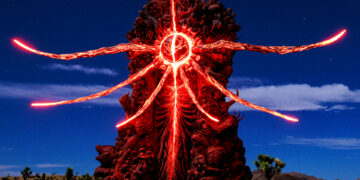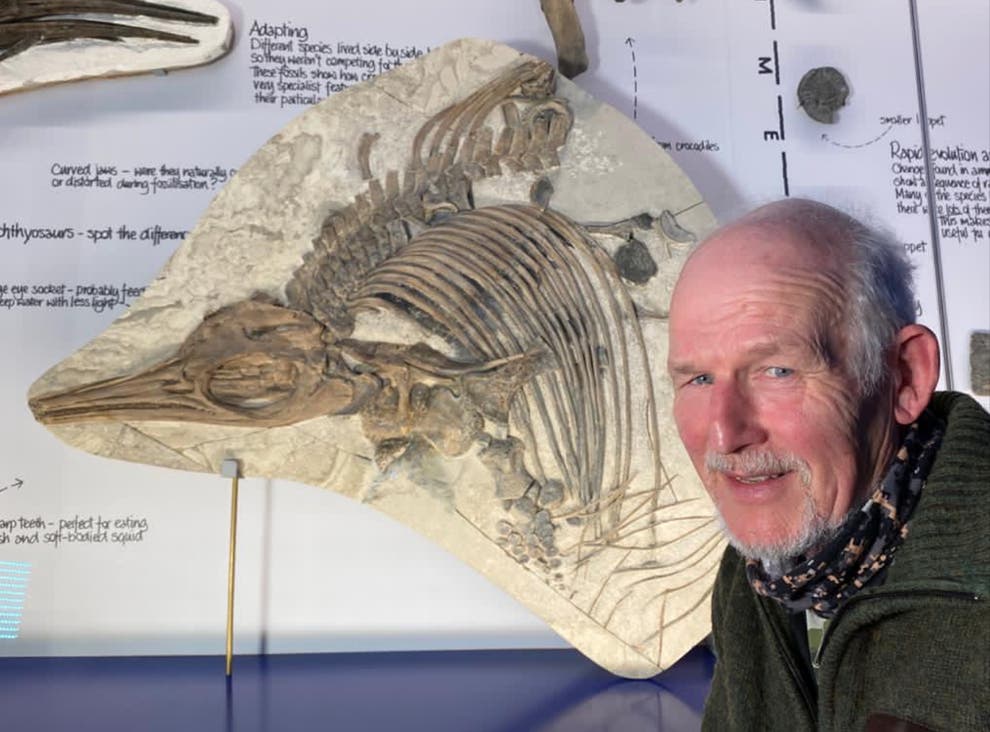The major institutions we rely on have long kept secrets, but recent revelations are pulling back the curtain in unprecedented detail. One of the most intriguing questions is: what’s the deal with aliens? It’s challenging to completely dismiss the existence of other intelligent life forms, given the vastness of space—a mysterious frontier about which we know so little. Life on Earth has adapted to survive in some of the planet’s harshest environments, like tardigrades thriving in extreme conditions. It’s reasonable to assume that extraterrestrial life could have similarly adapted to survive on other planets.
Edward Snowden, a former CIA employee and NSA contractor, had access to some of the nation’s most closely guarded secrets. Like anyone with an inquisitive mind and access to what could be described as the CIA’s version of Google, Snowden searched for answers to some of society’s biggest questions. For those fascinated by Area 51, chemtrails, or skeptical about climate change, Snowden uncovered information about UFOs that raises serious concerns. What evidence does he have? Are aliens real, and should we fear them? Let’s explore.
Imagine encountering an advanced extraterrestrial species that discovers and visits Earth. In popular media, such as War of the Worlds or Independence Day, aliens are often depicted as malicious, brutal, and intent on destroying or enslaving humanity. These portrayals paint aliens as aggressive, egotistical, and indifferent to human life. Even brilliant minds like Stephen Hawking, David Brin, and Elon Musk have expressed fears about such catastrophic outcomes. However, there is no definitive proof that aliens are hostile. In fact, some evidence suggests that hiding our presence from extraterrestrial life might be one of humanity’s worst decisions.
Why are people today so open to the idea of extraterrestrial life? Many scientific discoveries and speculations from leading researchers indicate that there is likely something beyond us in the universe. For example, Commander David Fravor recounts an unforgettable experience from November 14, 2004, during a training mission off the coast of San Diego. Fravor was part of an air defense exercise involving two “good guys” against two “bad guys” in brand-new Super Hornet jets. The USS Princeton redirected Fravor and his team to investigate a real-world anomaly. What they encountered was extraordinary: a Tic Tac-shaped object moving faster than any known weaponry, with no visible wings, rotors, windows, or exhaust fumes. Fravor, driven by curiosity, approached the object, which then mimicked his flight pattern before accelerating past his jet and vanishing. Upon returning to the USS Nimitz, Fravor and his team shared their experience, and another pilot soon located the same object, capturing it on video. The Navy later released this footage, which was never meant for public viewing but had already been leaked.
In November 1944, U.S. Air Force pilots reported sightings of what became known as “Foo Fighters,” named after a comic strip. These mysterious aircraft glowed red, moved with incredible agility, and appeared in formations. Lieutenant Fred Ringwald, a passenger in a night fighter over the Rhine Valley, was the first to spot 8 to 10 of these objects lined up in a row. Ground radar detected nothing unusual, and when a pilot prepared to engage, the lights vanished. Similar sightings continued, including a T-shaped display of flashing red and green lights in mid-December 1944, which also disappeared quickly. Despite theories attributing these phenomena to combat fatigue, weather anomalies, or advanced Nazi technology, the Foo Fighters remain unexplained.
Harvard astronomer Avi Loeb has proposed a bold theory: the asteroid ‘Oumuamua, discovered in 2017, could be debris from an alien construction or a crashed extraterrestrial spacecraft. While this idea has been embraced by some, Loeb’s colleagues criticize it as an affront to scientific inquiry. A 2021 study by Arizona State University astronomers suggested ‘Oumuamua is a nitrogen iceberg from a Pluto-like planet in a distant star system, explaining its reflectivity. Loeb countered that such an object would require an implausibly dense planet, leaving the mystery unresolved.
The Advanced Aerospace Threat Identification Program (AATIP), established by the Department of Defense in 2007, investigated unexplained space phenomena, including fast-moving unidentified aircraft. Led by military intelligence official Luis Elizondo, AATIP explored UFO-related claims. Elizondo later revealed the program’s existence to The New York Times. Meanwhile, astronomers Carl Sagan and Jill Tarter founded the Search for Extraterrestrial Intelligence (SETI) Institute, which collaborates with NASA and the National Science Foundation to explore the possibility of intelligent life elsewhere. SETI uses radio waves, optical signals, and laser detection to search for signs of extraterrestrial technology, aiming to understand the origin and nature of life in the universe.
On March 21, 2022, NASA announced the discovery of over 5,000 exoplanets, a number expected to grow as space exploration technology advances. Many of these planets remain unstudied, and some may have environments capable of supporting life. The more we learn about the cosmos, the greater the likelihood that we are not alone. The question remains: is anyone out there? As we become better at listening to the universe, we may soon find an answer.
But should we even try to make contact? Some astronomers advocate broadcasting an interstellar signal to invite extraterrestrial communication, while others believe we should keep Earth’s existence hidden. In a podcast with Neil deGrasse Tyson, Edward Snowden suggested that alien communications might be so securely encrypted that humans wouldn’t recognize them. He argued that unencrypted communication is a brief phase in a civilization’s development, making it unlikely for us to detect alien signals unless they are deliberately sent in a primitive form. However, SETI researchers, like Seth Shostak, argue that the search for extraterrestrial intelligence focuses on detecting the presence of a signal, not deciphering its content. Radio telescopes scan for narrowband communications, and encryption is irrelevant if the goal is simply to confirm a transmitter’s existence.
Lucianne Walkowicz, an astronomer at the Adler Planetarium, warns that contact with an advanced civilization could either doom or uplift humanity. The Breakthrough Initiatives, funded by billionaire Yuri Milner, aim to spark global discussion through programs like Breakthrough Message, which seeks ideas for crafting and sending a message to aliens. The program considers technical challenges, such as encoding images for transmission via radio or laser, ensuring fidelity over vast distances, and determining the optimal wavelengths and frequency of broadcasts. For instance, physicist Philip Lubin has proposed a laser array capable of broadcasting signals across the observable universe, while the $100 million Breakthrough Listen project searches for signs of life in nearby star systems.
Snowden’s comments on encryption highlight a broader issue: as Earth’s communication shifts to fiber optics and satellites, our “noisy” radio leakage into space is decreasing. An advanced alien civilization would need to have been listening for thousands or millions of years to detect us—or to send signals we could intercept. The 1974 Arecibo message, a 1,679-bit broadcast sent from Puerto Rico’s Arecibo Observatory, was designed with mathematical clues (1,679 is the product of two prime numbers, 73 and 23) to help aliens decode its symmetrical image. Future messages, according to researchers like Frank Drake, should prioritize simplicity and redundancy to ensure clarity over long distances.
The Fermi Paradox, named after physicist Enrico Fermi’s question “Where is everyone?”, highlights the puzzle of why we haven’t detected alien signals despite the galaxy’s abundance of worlds. Possible explanations range from aliens avoiding us, communicating in ways we can’t understand, or simply not existing. Stephen Hawking warned that contacting aliens could be disastrous, comparing it to the devastating encounter between Christopher Columbus and Native Americans. Other scientists argue that since humanity has been broadcasting radio signals for over a century, it’s too late to hide. The Voyager probe, now in interstellar space, carries a message for any civilization it might encounter.
Humanity’s history of exploiting other societies fuels fears that aliens might treat us similarly. Whether aliens are peaceful explorers or hostile invaders, the debate continues. Some scientists believe the risk is worth taking, while others, like Hawking, urge caution. As we search for answers, the cosmos remains silent—but our curiosity drives us to keep listening.






















